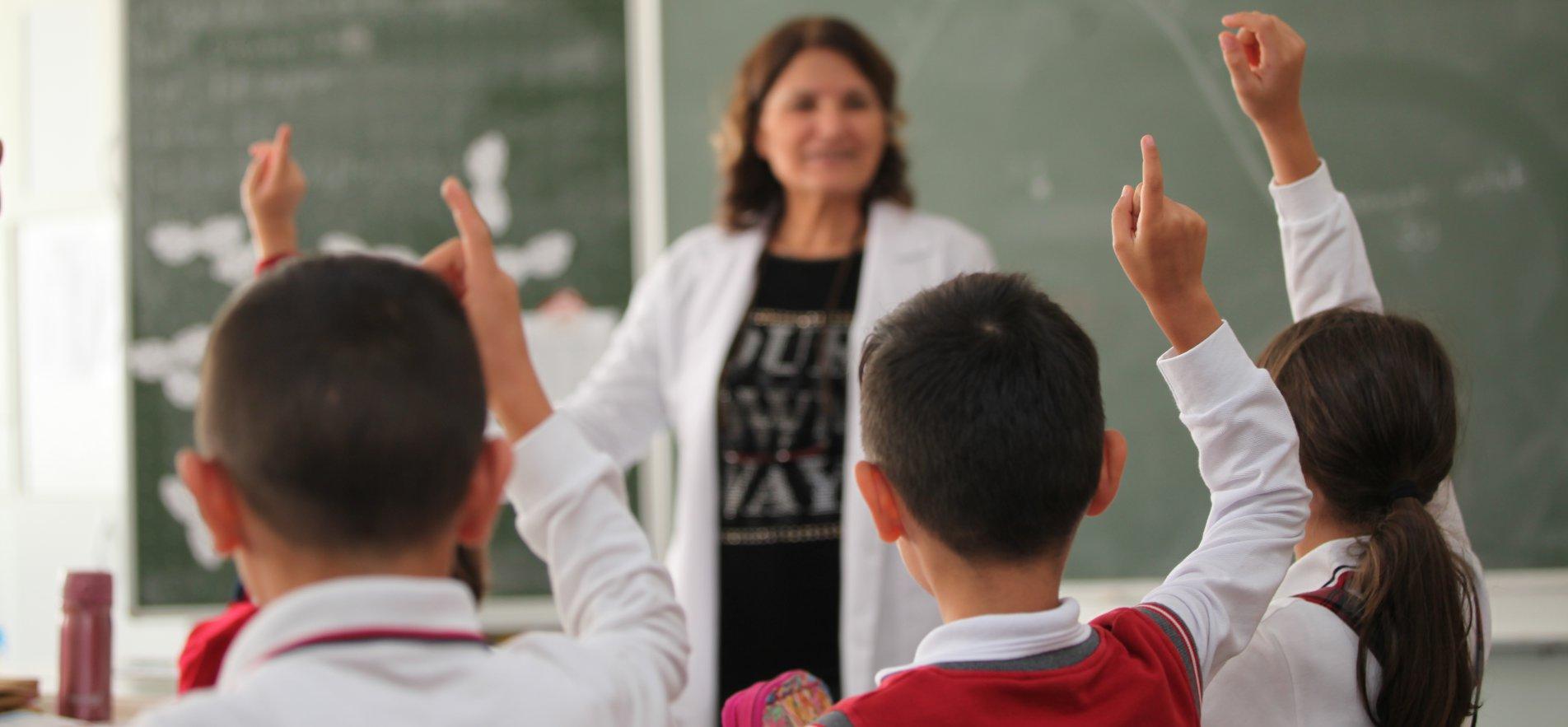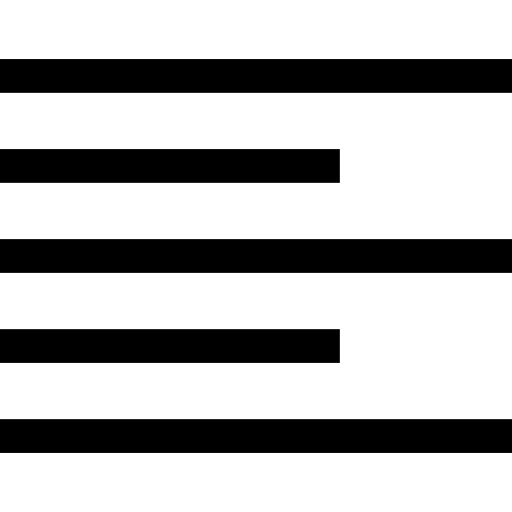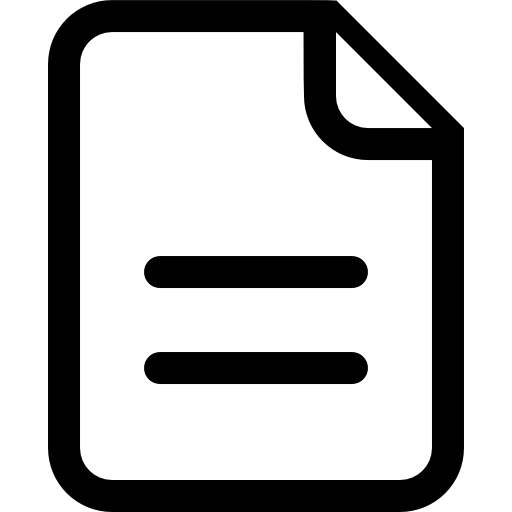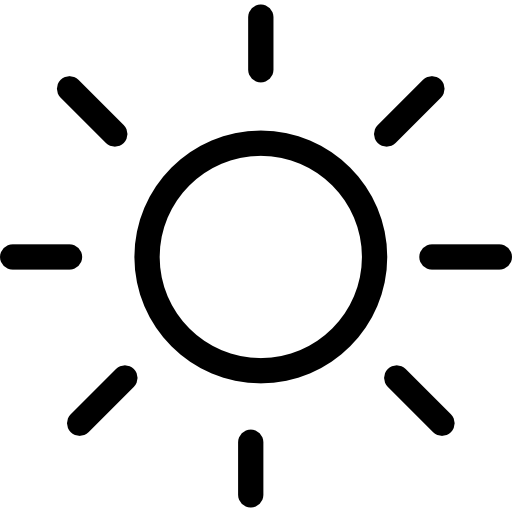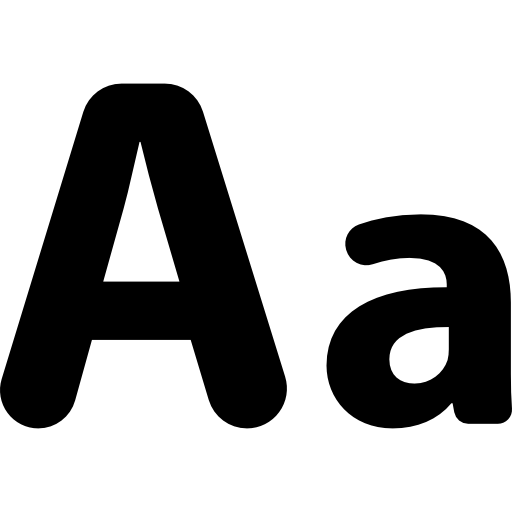The title of the environment education courses for primary and secondary school students enrolled in state schools was changed into "environment education and climate change" in view of the Paris Climate Agreement resolutions, strategic plans of the Ministry of National Education, action plans concerning environmental issues and summit resolutions.
After the approval of the Head Council of Education and Morality, it was decided that environment education and climate change will be included in the curriculum of 6th, 7th and 8th grades as an elective course in the 2022-2023 school year.
The Ministry studied national and international academic research, analyzed documents prepared by nongovernmental organizations and independent research centers and revised related legislation, development plans, government programs and summit decisions. They also asked the views of teachers and administrators about the course and consulted with the Ministries of Agriculture and Forestry, Energy and Natural Resources and Environment, Urbanization and Climate Change.
As a result of this study, it was decided that the environment education and climate change course will consist of 6 chapters namely, "human beings and nature," "cyclical nature," "environmental problems," "global climate change" "climate change and Türkiye" and "sustainable development and environmentally friendly technologies."
There will be field trips as a part of the elective course
Environment education and climate change courses will include field trips that will provide students the opportunity to observe environmental problems in place.
Teachers will guide students during exploration, questioning, arguing, and raising awareness and product design processes.
The course will be based on student's interaction with all living and nonliving things, teaching them to protect the environment and encouraging them to show sensitivity to environmental problems.
Sera gases and disasters are added to the curriculum
Subjects such as global climate change, sera gases, global warming, acid rains, ozone layer and disasters will be included in the curriculum. "Increase of sera gasses, use of fossil fuels, deforestation, and overuse of fertilizers, volcanic explosions, supersonic plans and exhaust fumes, fire extinguishers will be among the subjects of the environment and climate change course.
Natural disasters such as floods, landslides, fires, deforestation, drought, shore erosion, desertification, hurricanes, cyclones, global hunger and pandemics will be a part of the course.
It is expected that climate change, national and international studies, public awareness, agriculture and husbandry activities in Türkiye, biodiversity, tourism and economy will be discussed in the lesson.
Students will design recycled products out of wastes
Students will design projects aiming at decreasing the impact of climate change in Türkiye and raise awareness about the environment. The projects will include environmental literacy, water literacy, agriculture literacy, food literacy, zero waste and waste recycling subjects.
Students will also design recycled products out of wastes and learn ecological villages and sustainable school concepts which is an important part of sustainability.
